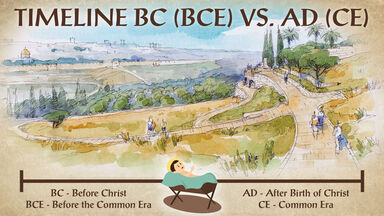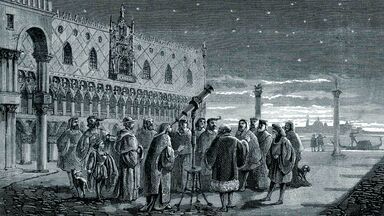His spare time was devoted to the prosecution of studies in philology and history, more particularly to the study of Thucydides, and of the new light which had been cast upon Roman history and upon historical method in general by the researches of Niebuhr.
In this way he became the originator of that genetic or historical method which has since been applied to all human ideas and institutions.
Throughout his lectures, Adamson pursued the critical and historical method without formulating a constructive theory of his own.
Cicero calls his style "copious and polished," Quintilian, "sweet, pure and flowing"; Longinus says he was "the most Homeric of historians"; Dionysius, his countryman, prefers him to Thucydides, and regards him as combining in an extraordinary degree the excellences of sublimity, beauty and the true historical method of composition.
His incisive style, his fearless and often ruthless criticism, and his wide and penetrating erudition, make him a redoubtable adversary in the field of polemic. The Bulletin critique, founded by him, for which he wrote numerous articles, has contributed powerfully to spread the principles of the historical method among the French clergy.





